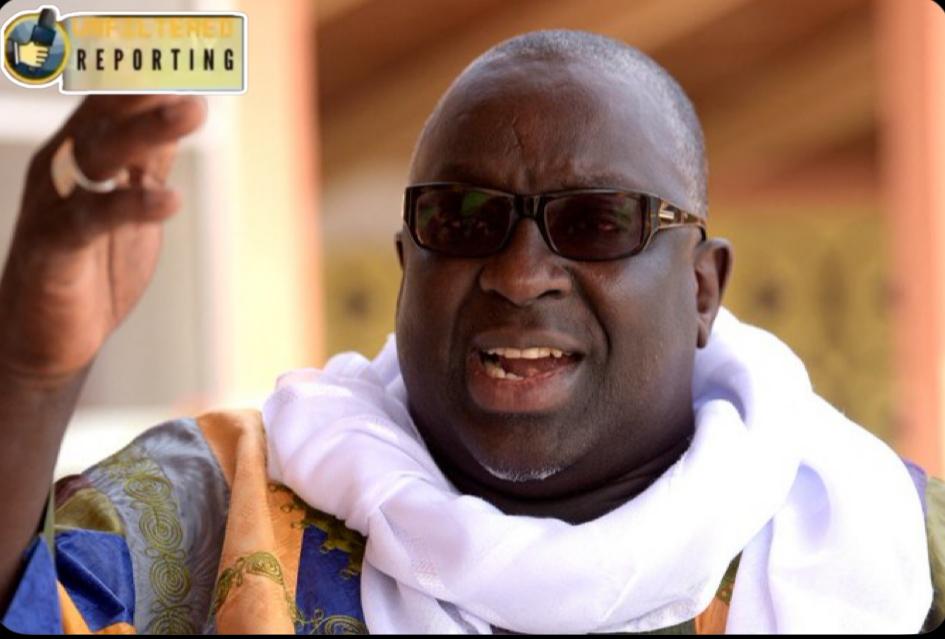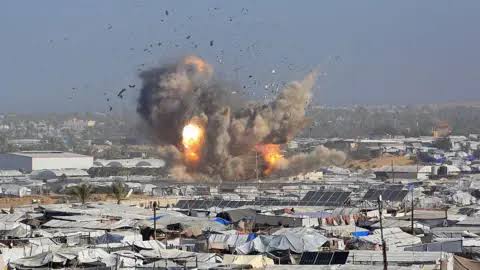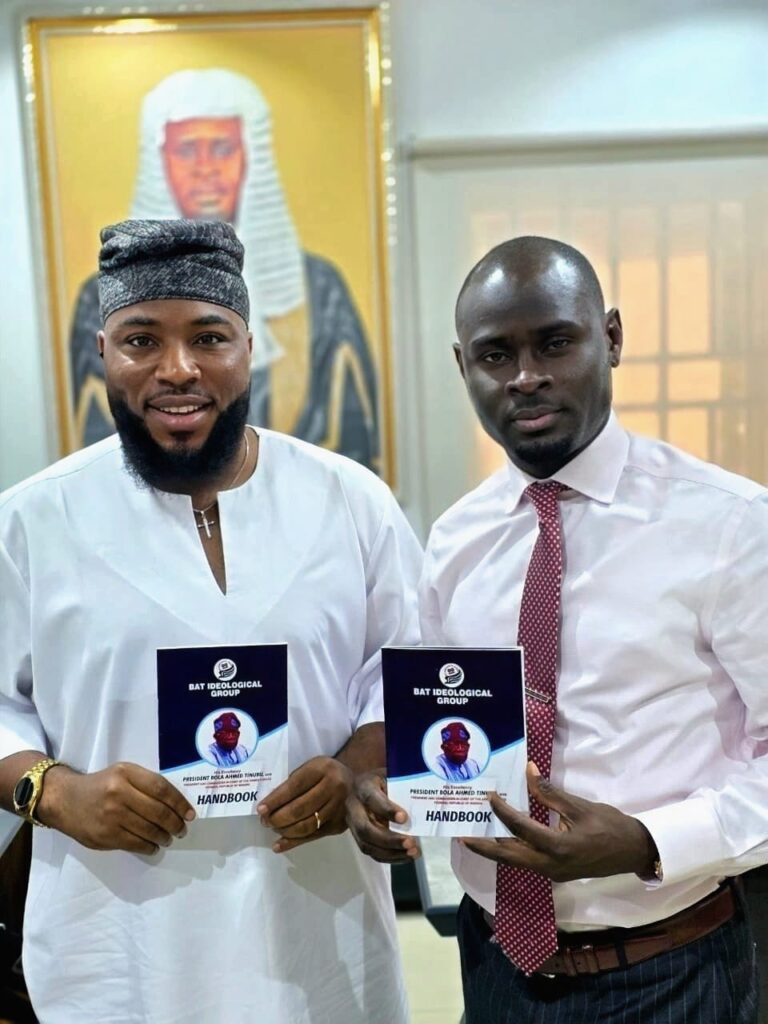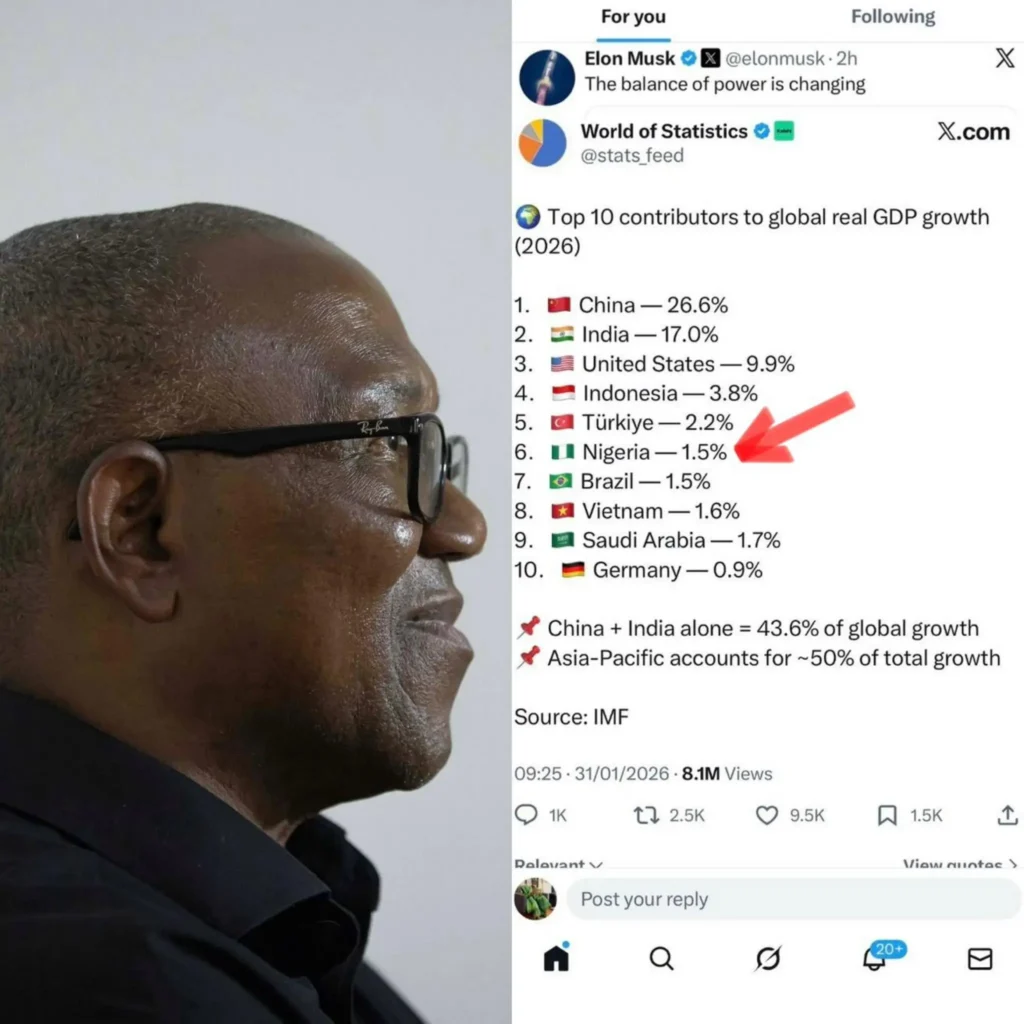Paris Court Delays Corruption Retrial of Former IAAF Chief’s Son

The Paris judiciary has postponed the much-anticipated retrial of Papa Massata Diack, son of former International Association of Athletics Federations (IAAF) president Lamine Diack, citing the need to review new evidence.
The retrial, now scheduled for December 2025, revolves around allegations that Diack was involved in a systematic doping cover-up that allowed Russian athletes to compete internationally in exchange for bribes. Papa Massata Diack, who previously worked as a marketing consultant for the IAAF, was convicted in absentia in 2020. At that time, he was sentenced to five years in prison and ordered to pay a fine of €500,000. Despite the verdict, Diack has remained in Senegal, which has declined France’s requests for extradition, effectively preventing him from serving his sentence. The postponement comes after Diack submitted new testimony and documents, which the Paris court determined were necessary to ensure a fair trial. Legal analysts suggest that the additional evidence could be pivotal in clarifying the extent of Diack’s involvement in what has been described as a high-level corruption scheme affecting international athletics. The case has attracted international attention, particularly from the World Anti-Doping Agency (WADA), which has expressed support for the court’s decision to review the appeal. The controversy surrounding the Diack family has long been a stain on global athletics, with reports indicating that bribes were used to manipulate doping results and shield athletes from sanctions. Papa Massata’s father, Lamine Diack, who led the IAAF for over a decade, faced similar corruption charges and was sentenced to four years in prison. However, he never served time due to his advanced age and health issues. Lamine Diack passed away in 2021, leaving his son to confront the legal repercussions of the alleged corruption network. Observers note that the December retrial will be closely watched by international sports authorities, anti-doping organizations, and media outlets worldwide. The outcome is expected to have significant implications for the integrity of athletics governance and the fight against corruption in sport. WADA reiterated that holding individuals accountable and maintaining transparency are essential to protecting the credibility of competitive athletics. As the Paris court prepares to resume proceedings later this year, stakeholders hope for a verdict that reinforces anti-corruption standards and restores trust in the sport.









